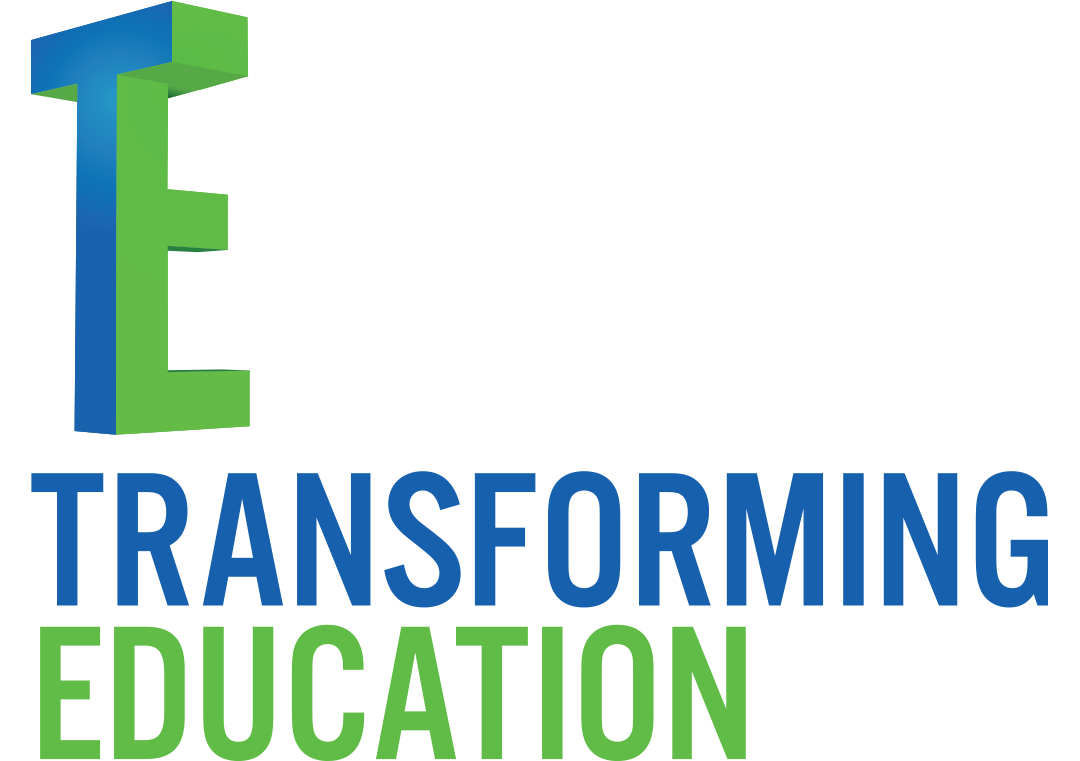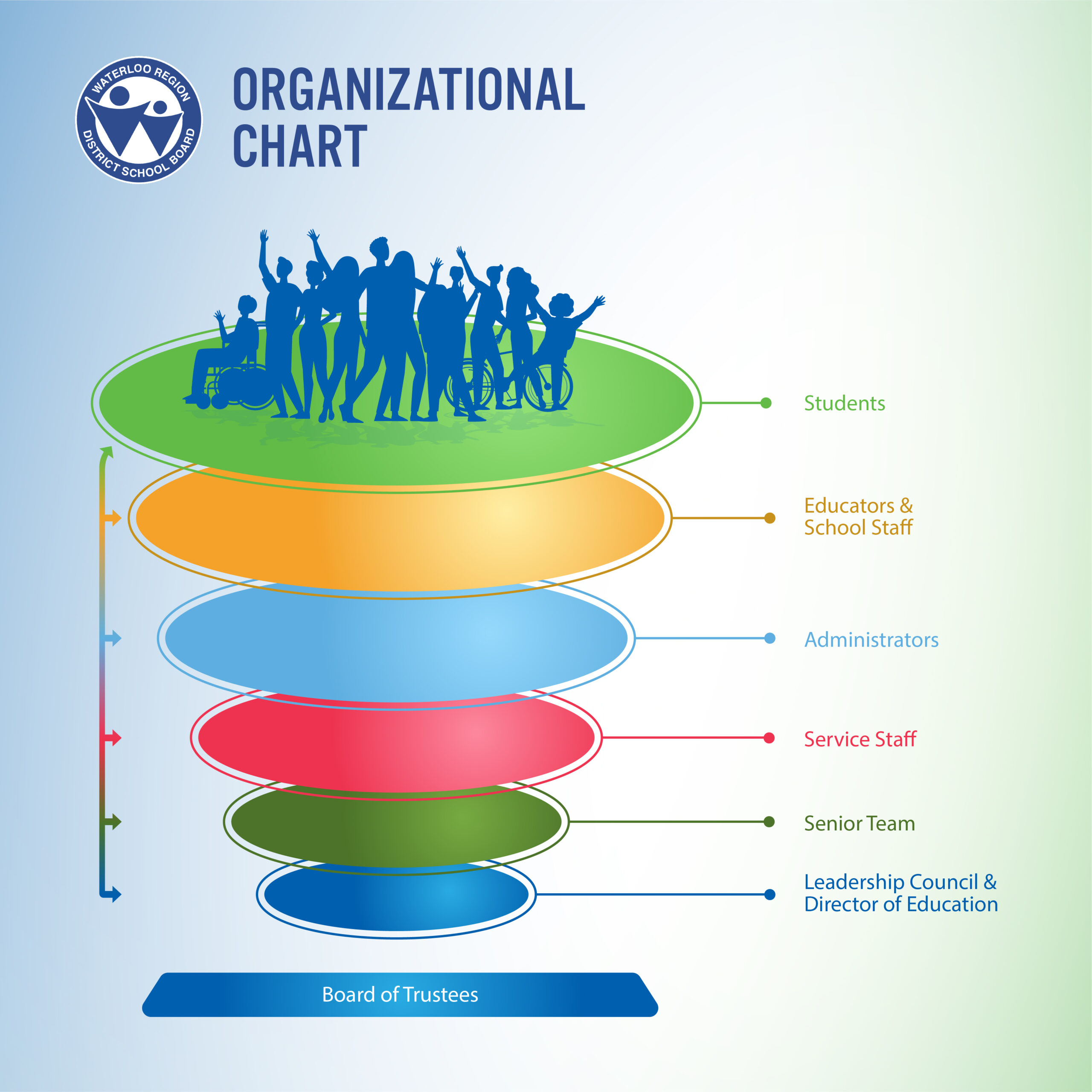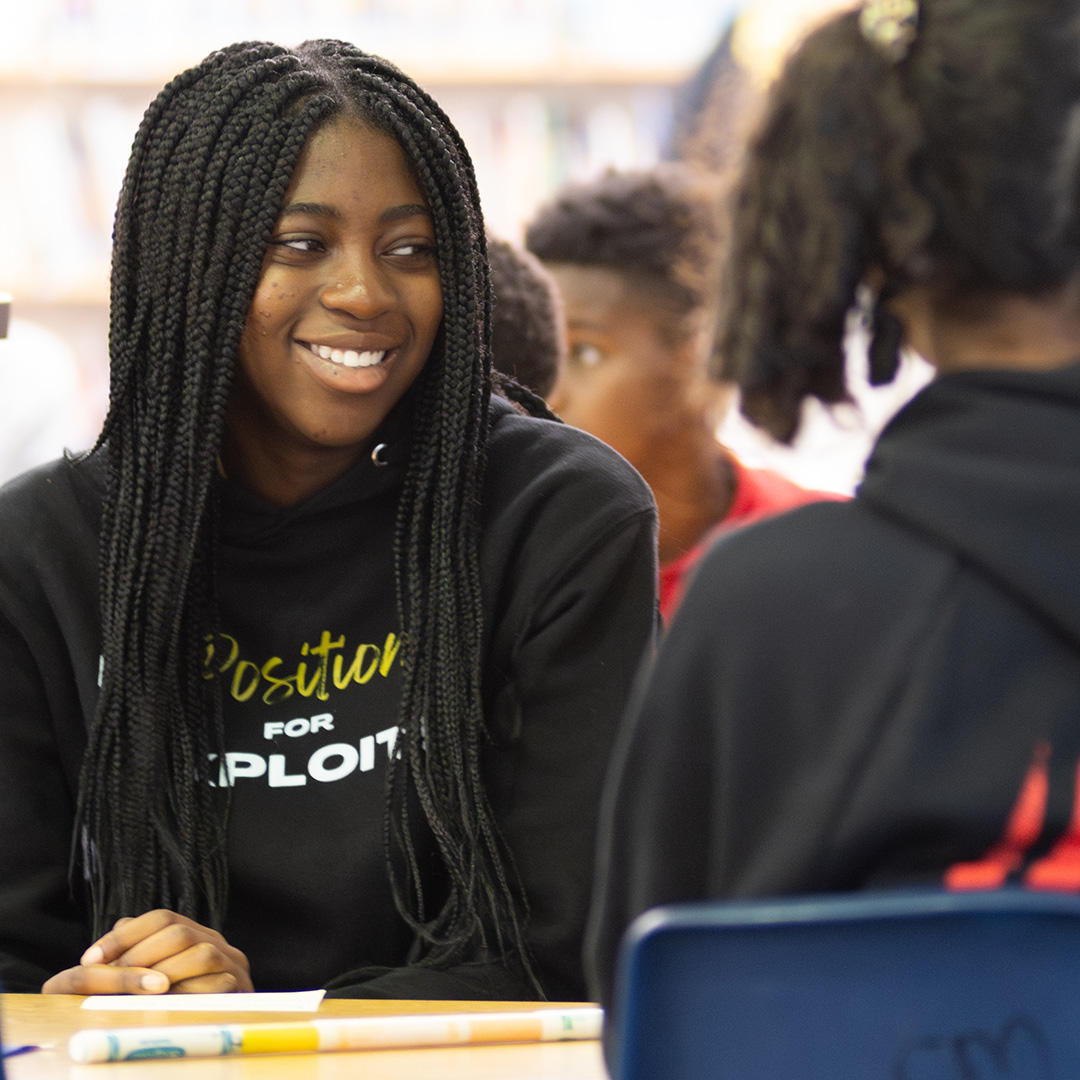At the Waterloo Region District School Board (WRDSB), we have been focused on preparing students for success, with a vision for transforming education so that it better meets the needs of all students.
We know that the current education system, which was conceived of before humans had discovered flight, does not serve all students. Instead, it benefits some who are able to successfully navigate the system and disadvantages those from historically marginalized groups. We are committed to changing this, we are transforming:
- Policy and Procedures
- Systems and Structures
- Leadership Practices
- Organizational Culture
- Stakeholder Engagement

Redesigning Systems and Structures

In order to start to transform systems and structures, we must first understand what is our so-called “North Star” that we aspire to. At WRDSB, we have established a North Star, which provides clear directions to all staff. The WRDSB North Star is:
“To ensure that identity and social location no longer predict outcomes, TOGETHER we will transform our systems, structures, physical environments and practices to center the needs, lived experiences, abilities, and stories of students and staff to ensure success for ALL.”
Through sharing this vision, all employees throughout the organization - regardless of whether they are working directly with students or not, have a clear understanding of what they are working towards and how they contribute to supporting the success and well-being of all students.
WRDSB has also intentionally focused on centering student voice, as one of the key directions of the Strategic Plan. Refer to a comprehensive outline of the progress WRDSB has made in creating the conditions for learning in support of student achievement and well-being.
Building a Culture of Human Rights and Equity
In order to restructure the organization to centre students, WRDSB is committed to building a culture of human rights. To move from words, WRDSB Trustees, senior staff, union, professional association leaders and senior management engaged in focused learning about Human Rights, an initiative that Ministry of Education staff praised as being the first-of-its-kind in Ontario.
Sovereignty, human rights and equity continue to be integral key areas of the annual Board Improvement and Equity Plan (BIEP). In addition to reporting on the performance indicators in the BIEP and the Community Report Card on the WRDSB Strategic Plan, we also share updates through an annual Human Rights Branch Annual Report to outline the important and ongoing work of:
- Addressing human rights complaints in compliance with Ontario’s Human Rights Code
- Leading and supporting the WRDSB through human rights and accessibility education, learning and professional development.
Hosting Listening Forums to engage families in conversation on issues impacting some of the most vulnerable students and launching community roundtables for various identities, including but not limited to, ethnic and religious communities, has provided additional opportunities for families and community members to engage with the school board.
When organizing school events, activities, or assessments, and even in the development of the School Year Calendar, WRDSB staff are asked to be mindful of the various Creed Accommodation Days and avoid scheduling exams, tests, extra-curricular clubs and sports, or events on these days. When exams or religious/cultural days of significance coincide, every effort should be made to provide accommodations to students and staff who observe these days.
Equitable hiring practices continue to evolve as well and WRDSB continues to focus on the promotion and support for human rights in the context of employment, as protected under the Ontario Human Rights Code, as vital to achieving a diverse and representative workforce to meet the needs of the diverse student body of the WRDSB.
The way to achieve an inclusive, diverse and representative workforce is to:
- Value, promote and encourage the hiring of staff from under-represented communities (such as hosting a job fair for Indigenous, Black and racialized individuals);
- Ensure all employment policies and practices are non-discriminatory;
- Work to intentionally identify and remove barriers for marginalized communities when identifying and setting job requirements and employment conditions at each stage of the hiring process.
- Develop a comprehensive understanding of lived experience.
Building Strong Leadership Teams
At the WRDSB, we understand that in order to change a system, we must start at the top. For us, this means building a stronger Senior Team, including all system-level managers, school administrators and system leaders. We have developed a decision-making framework to support the competencies throughout the organization to do the work to support students in alignment with our Mission, Vision, and Strategic Plan.
As we continue the work of building an educational system that supports all students in reaching their full potential, we know that we need to prepare System Leaders by providing them with the skills and knowledge to lead WRDSB to the future. Importantly, this includes specifically identified competencies related to sovereignty affirmation and equity in public education.
The WRDSB Sovereignty Affirming and Equity Competencies are designed to complement the Ontario Leadership Framework. System Leaders are expected to regularly review and reflect on and engage in professional development to better understand how the competencies can influence their daily work.
System leaders also apply a Decision-Making Framework to ensure that we are reflecting the competencies required to do the work, as well as creating the conditions for learning, completing a comprehensive risk analysis, aligning with the WRDSB Strategic Directions and reflecting human rights and sovereignty-affirming goals.
Within the Senior Team, WRDSB has reviewed and reframed positions to better align with the changes needed within the organization. With a focus on supporting equitable hiring practices, targeted job information fairs for Indigenous, Black and racialized individuals to address gaps and build a culture of human rights and equity throughout the system that reflects the students we serve. Research shows that students do better in terms of academic achievement and well-being when they see themselves reflected in their learning and in positions of leadership within the school system.
We are also shifting how we think about well-being. We understand there are multiple ways of knowing and being and we want our staff and students to be able to show up as their full selves. We have established actions and measurable outcomes through the Board Improvement and Equity Plan to ensure every staff member will work in environments that engage them and support their mental health and well-being. Of significant importance is building system leader and staff capacity in supporting well-being at work.
Transforming Stakeholder Engagement
The goal of improving student achievement and well-being is a shared one. WRDSB is committed to meaningful engagement that is open, accessible, inclusive and responsive. We know that decisions are improved by working with students, families and community members.
WRDSB’s Student Agency and Voice; Family and Caregiver Engagement; and Community Engagement plans outline how WRDSB is working with students, families and communities to inform decision-making and support student achievement and well-being.
These engagement plans reinforce our commitment to transparency, accountability and keeping families informed, as directed by the Education Act. To support this, the WRDSB has developed a charter to outline our commitments to students, families and community members.
Student voice is incorporated at the school and system level through:
- Student roundtable discussions
- Student Trustees
- School Learning and Improvement Plans
Additionally, a co-op position has been established with the Communications Department to promote student voice within communications and the Director’s Office. In order to be as accountable, transparent and culturally relevant and responsive as possible, WRDSB has committed to reports, such as the Annual Report, BIEP, Human Rights Report, EQAO results for Multilingual learners, etc. to inform students, families and caregivers of our progress on the Strategic Directions and in support of student achievement and well-being.

